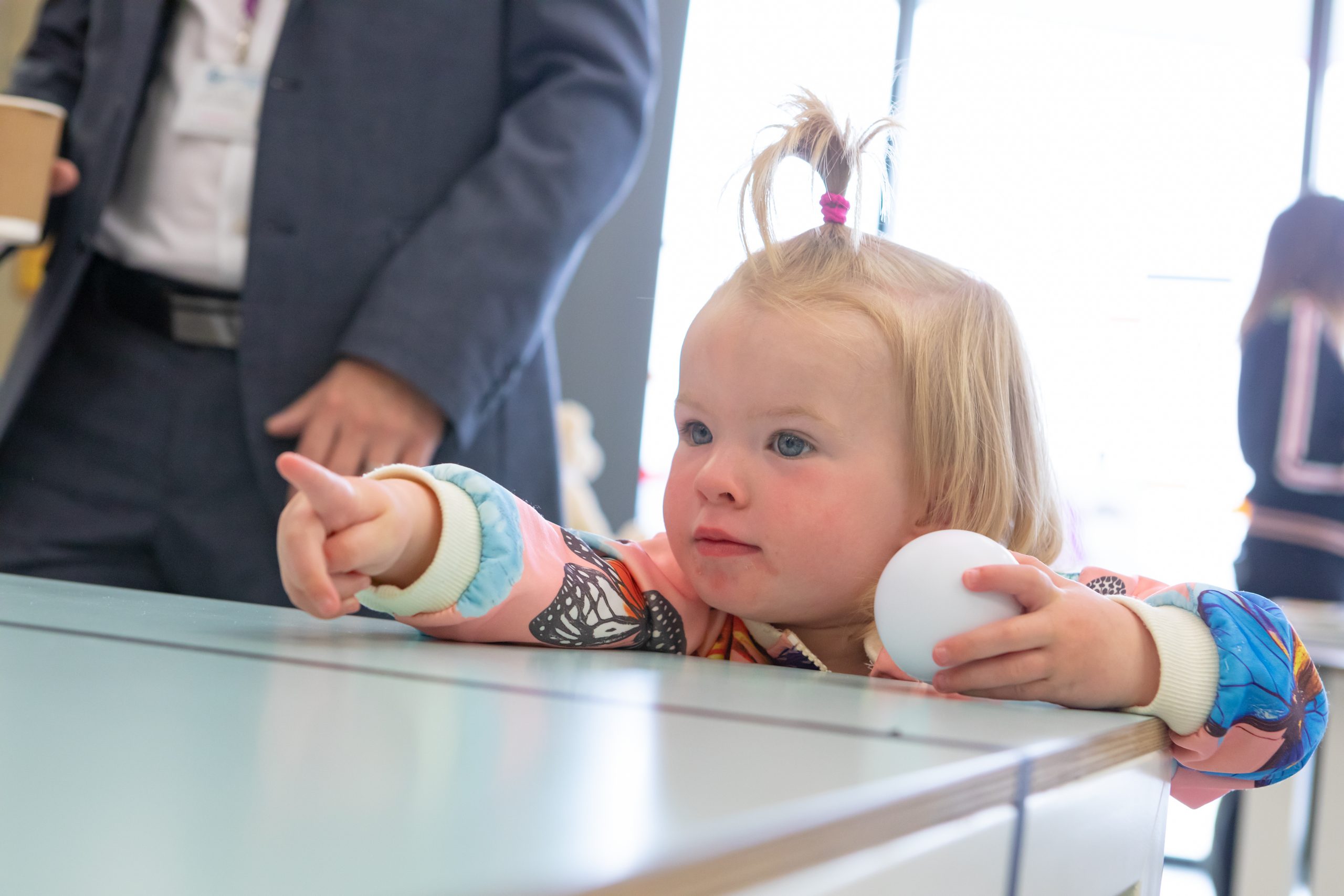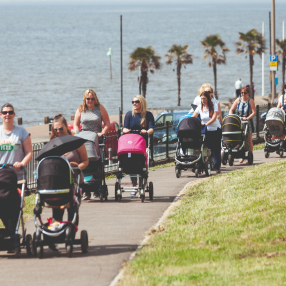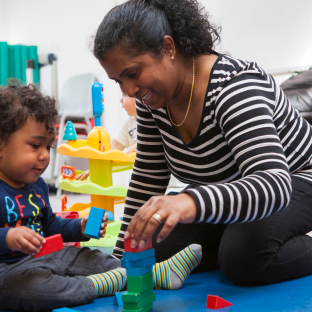
At A Better Start Southend we are constantly looking at new ways to support the development of our workforce, in terms of research informed and responsive practice. One of the ways that we show that we are doing this is through our Research Bulletin. In April 2020 the Bulletin has now reached its 30th Edition, having started life in February 2017.
Through talking and working with partners, key stakeholders, and our amazing parent champions it became clear that Adverse Childhood Experiences (ACES) and Trauma Informed Practice would be an ideal focus for the next edition (which is now quarterly). It also comes alongside a review of our workforce development strategy and designing new projects and services that support social and emotional development. When the editorial and literature search started for the Bulletin in early January 2020, this was prior to the COVID-19 pandemic.
So, what are ACES and Trauma Informed Practice?
- ACES or Adverse Childhood Experiences are commonly understood to be stressful or traumatic experiences that impact on children and throughout their lives
- Trauma Informed Practice is a strength based framework for understanding and responding to physical, psychological and emotional safety that creates an opportunity for resilience and empowerment[1]
If you are new to the Bulletin, it looks at recently published (generally within the last year) literature including academic research, policy and strategy reports (e.g. white papers) as well as evaluations of new interventions. In doing the editorial papers that are known to be authoritative, and peer reviewed are included, as this is critical in exploring trends to improve outcomes for our youngest children that are innovative but in a robust and safe manner. A short summary or briefing of the document is included, with links to the original source, along with showing how Southend are using and reflecting on this latest research. Importantly for its readers it aims to provide an opportunity for actively engaging with the material as well as and feeding back comments and ideas as to how this knowledge could be used now and in the future.
So, turning to this edition in which we have chosen to explore current trends in Adverse Childhood Experiences (ACES) and Trauma Informed Practice. It has also been critical to locate where possible content that is as localised. At A Better Start Southend we have partner sites at Blackpool, Bradford, Nottingham and Lambeth who we work alongside in Communities of Practice as well as key and delivery partners all of whom have amazing expertise that we can call upon in this area. We also benefited in this edition from a guest editorial from Southend Educational Psychology Service (SEPS), as well as the advice and support from academics, and our Partnership Board Members in guiding the direction of the content in this edition.
So, what sort of things came out of the evidence trends review in the bulletin?
- That ACES are common, but that prevention and early intervention can work
- That progress needs to be made in steps e.g. Awareness, Sensitivity, Responsivity and Informed Care[2]
- That responses need to be collaborative and take a systems approach
- That there is much that we still don’t know from the evidence including its full potential for outcomes for children, as well as its true prevalence in the areas in which we work
- That organisational readiness is critical as is workforce development
- That using ACES for labelling and defining does not support, or build community resilience
So, what are our next steps?
- We will use what we have learnt from the review to work with our partners on supporting the work that they have already done, or doing in this area
- We will build on our understanding of community resilience in our areas, as well as the projects and services that support social and emotional development in the early years
- We will learn more about what our needs are in terms of organisational readiness in this area, as well as how we can further support the workforce in terms of their practice
If you would like to look at the latest Research Bulletin and all previous editions please visit https://abetterstartsouthend.co.uk/research. We are also looking for guest editorials and other contributions in terms of research informed or responsive practice, to do this please e-mail us at abssresearch@eyalliance.org.uk or contact Rachel directly at rachel.wood@eyalliance.org.uk
We look forward to hearing from you.
Rachel A.Wood is Knowledge, Research and Evaluation Lead at A Better Start Southend, and Editor of the ABSS Research Bulletin
References:
Hopper, EK. (2010), Shelter from the Storm: Trauma-informed Care in Homelessness Services and Settings, The Open Health Services and Policy Journal, 3 (2): 80-100
Mieseler, V., & Myers, C. (2013), Practical steps to get from trauma aware to trauma informed while creating a healthy, safe, and secure environment for children, Jefferson City: Missouri Coalition for Community Behavioral Healthcare
Sweeney, A. Clement S. Filson, B. Kennedy, A. (2016), Trauma-informed mental healthcare in the UK: what is it and how can we further its development? Mental Health Review Journal 21 (3) 174-192
[1] Hopper et al, 2010
[2] Mieseler and Myers, 2013




